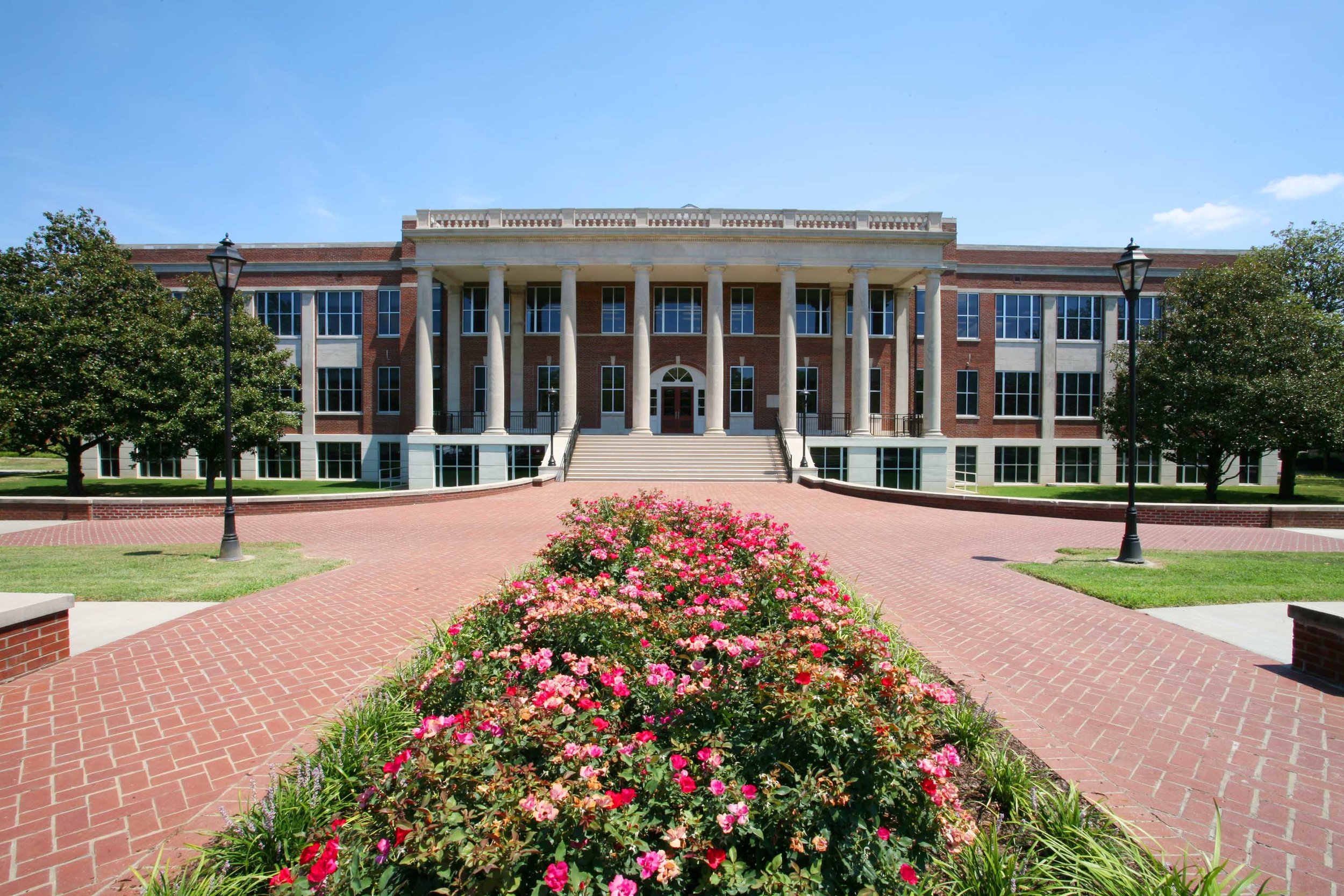
Lipscomb University
Overview
The built environment represents one of our greatest challenges and opportunities in addressing climate change and resource conservation. This course provides an exploration of sustainable building practices, from initial site selection through construction, operations, and long-term management. Students developed an understanding of green building principles, technologies, and assessment systems with particular focus on the LEED certification framework established by the U.S. Green Building Council.
Students learned to integrate sustainable resource systems for energy, water, materials, and waste management across residential, commercial, and industrial buildings. The course placed special emphasis on the business case for green construction, analyzing economic incentives, potential barriers, risk management strategies, health impacts, and marketing considerations. By mastering both the technical and financial aspects of sustainable building, students gained valuable skills for implementing environmentally responsible construction practices that align with market demands and regulatory requirements.
Wilmot’s Role
As course instructor, Tiffany Wilmot guided students through a structured learning experience that balances theoretical knowledge with real-world application. Students worked in collaborative teams to design comprehensive green building delivery systems, selecting appropriate sustainable technologies and strategies based on building type and function. Tiffany led weekly workshops where teams analyzed case studies, evaluated resource efficiency measures, and developed integrated approaches to site planning, energy systems, water conservation, and waste management.
Throughout the semester, Tiffany mentored teams as they developed complete green building proposals that addressed all major sustainability components while demonstrating financial viability. Students navigated certification processes, regulatory requirements, and economic considerations that impact project success. The course culminated in final presentations where teams defended their sustainable design choices through analysis of environmental benefits, lifecycle costs, and market advantages—preparing students to become effective advocates for green building practices in their future professional roles.
Client
Lipscomb University
Location
Nashville, TN
Markets
Higher Education
Services
Curriculum Development
